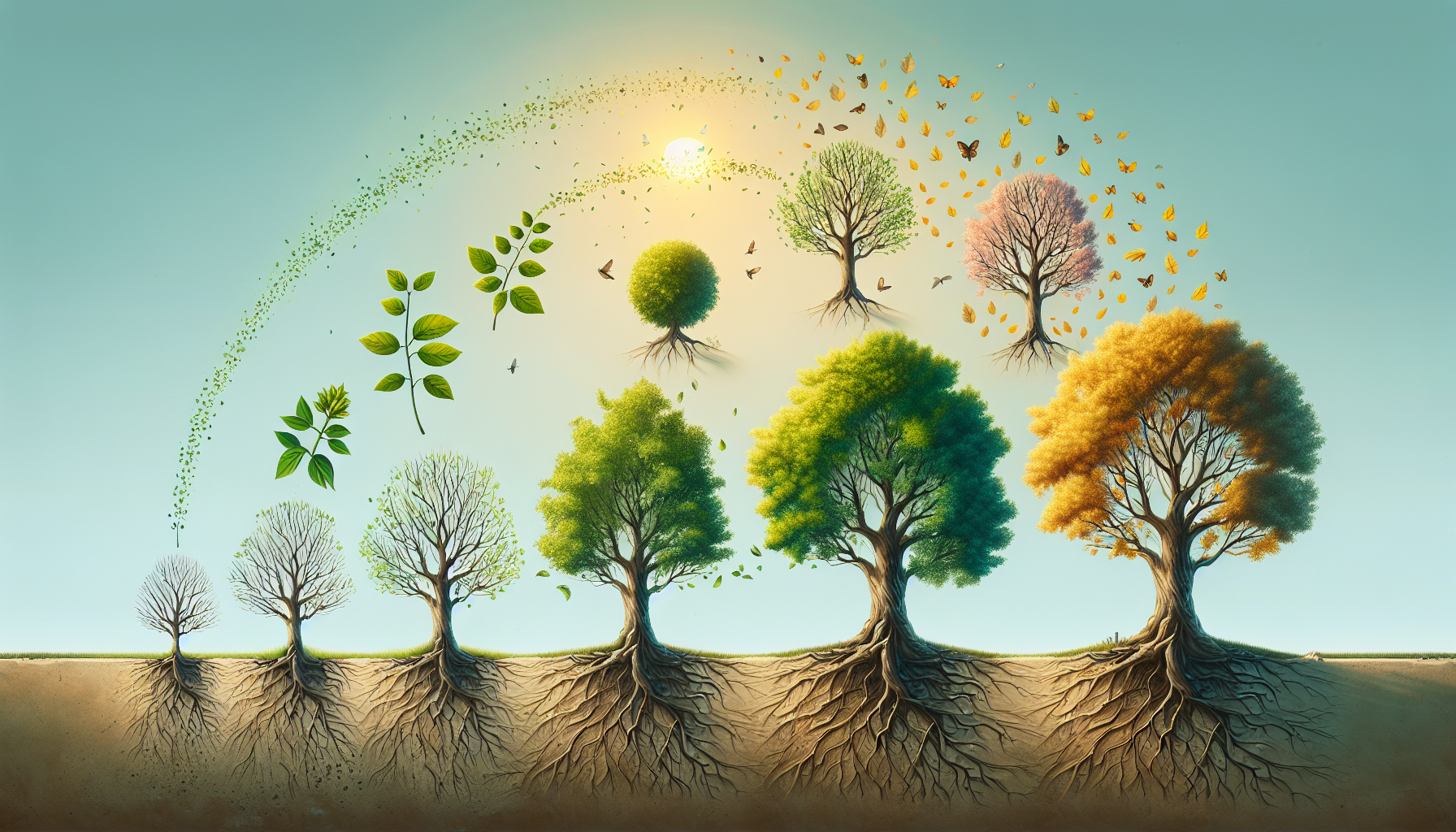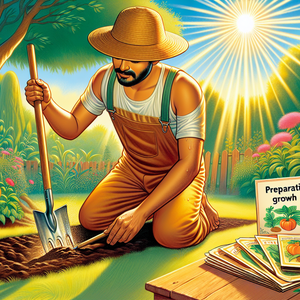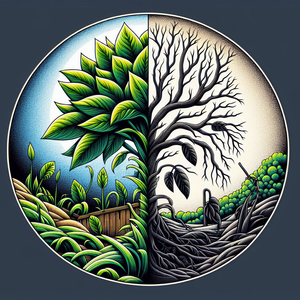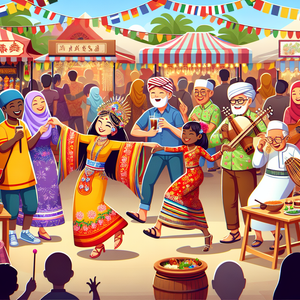Drift Boss as a Cultural Phenomenon: Memes, Challenges, and Community

Drift Boss emerged as a simple yet addictive racing game, where players navigate their vehicle through treacherous tracks while mastering the art of drifting. Launched as an indie project, it quickly gained traction, thanks in part to its accessible gameplay and engaging mechanics. The game’s design is minimalistic yet visually appealing, allowing players to focus on the thrill of racing without being overwhelmed by excessive graphics or complex controls. However, what truly set Drift Boss apart was its ability to inspire a community of players who not only enjoyed the game but also contributed to its growing legacy through creative expressions online.
Memes: The Language of the Internet
Memes are a powerful form of communication on the internet, and Drift Boss has generated a plethora of them. Players have taken memorable moments from the game and transformed them into relatable content that resonates with both gamers and non-gamers alike. For instance, players often share humorous clips of their racing fails—moments where they misjudge a turn and collide with an obstacle, leading to a spectacular crash. These clips, when paired with witty captions, become viral memes that encapsulate the frustration and excitement of racing. A particularly popular meme format features a side-by-side comparison of a player’s initial confidence before a race and the inevitable chaos that ensues. This juxtaposition not only entertains but also creates a sense of belonging within the Drift Boss community, as players share their own stories of triumph and defeat. The relatability of these memes fosters connections among players, enhancing their shared experience and creating an atmosphere of camaraderie.
Viral Challenges: Engaging the Community
Beyond memes, Drift Boss has sparked a series of viral challenges that have further engaged its player base. These challenges often encourage players to achieve specific goals, such as completing a level without crashing or achieving a high score within a limited time frame. The competitive nature of these challenges fosters camaraderie among players, as they share tips, strategies, and their own attempts at conquering these goals. Social media platforms like TikTok and Instagram have become hotspots for these challenges, with players posting their gameplay videos and inviting others to participate. For example, a recent challenge required players to navigate the most difficult track in the game using only one hand. Players creatively adapted their gaming setups, leading to a flurry of innovative videos showcasing their attempts. The result is a dynamic exchange of creativity and skill that not only showcases the game's mechanics but also highlights the diverse ways players interact with one another.
Building a Community
At the heart of Drift Boss's cultural phenomenon is its community. Players have formed online groups, forums, and social media pages dedicated to discussing the game, sharing fan art, and collaborating on strategies. This sense of community creates an environment where players feel valued and connected, enhancing their overall gaming experience. For example, dedicated Discord servers allow players to discuss game mechanics, share tips for achieving high scores, or even collaborate on fan-made content. The developers of Drift Boss have recognized and embraced this community spirit, often engaging with players through social media and incorporating feedback into updates. This open dialogue not only keeps the game fresh but also reinforces the bond between players and creators, making the community feel like an integral part of the game's evolution.
Drift Boss is more than just a racing game; it has evolved into a cultural phenomenon that reflects the power of community and creativity in the digital age. Through memes, viral challenges, and active engagement, players have transformed their gaming experience into a shared journey filled with humor and camaraderie. As Drift Boss continues to thrive, it serves as a testament to how indie games can capture hearts and minds, leaving a lasting impact on both players and online culture. The future of Drift Boss is bright, and its community will undoubtedly play a key role in shaping its next chapter. As players continue to share their experiences and creativity, the legacy of Drift Boss will only grow, solidifying its status as a cultural icon in the gaming world.
Community Manager for Gaming
Indie game studios, larger game publishers like Ubisoft or Electronic Arts
Responsibilities
Foster and maintain relationships with players through social media, forums, and Discord channels.
Organize community events, contests, and challenges to enhance player engagement and retention.
Gather player feedback and communicate it to the development team for game improvement.
Required Skills
Strong understanding of gaming culture and community dynamics.
Excellent communication skills and experience with social media management.
Familiarity with community-building tools and analytics platforms.
Game Marketing Specialist
Game marketing agencies, independent studios, major publishers like Activision Blizzard
Responsibilities
Develop and execute marketing campaigns to promote new game releases and community events.
Collaborate with influencers and content creators to amplify game visibility and audience reach.
Analyze market trends and player engagement data to inform marketing strategies.
Required Skills
Proficiency in digital marketing tools and platforms (e.g., Google Analytics, social media ads).
Creative thinking and strong writing skills for crafting compelling marketing materials.
Knowledge of SEO and content strategies tailored to gaming audiences.
Game Designer with a Focus on User Experience (UX)
Game development studios, tech companies entering the gaming space, such as Google or Amazon
Responsibilities
Create engaging game mechanics and user interfaces that enhance player experience.
Conduct playtesting sessions to gather feedback and iterate on design elements.
Collaborate with artists and developers to ensure a cohesive vision throughout the game.
Required Skills
Strong proficiency in game design software (e.g., Unity, Unreal Engine).
Understanding of player psychology and game flow principles.
Experience with prototyping tools and user testing methodologies.
Social Media Content Creator for Games
Game studios, content agencies specializing in gaming, and esports organizations
Responsibilities
Generate engaging and shareable content for various social media platforms, focused on game highlights and community challenges.
Collaborate with the marketing team to create promotional content that resonates with the gaming audience.
Monitor trends and adapt content strategies to maintain relevance and engagement.
Required Skills
Strong knowledge of video editing software and graphic design tools (e.g., Adobe Creative Suite).
Excellent storytelling skills with a focus on gaming narratives and community stories.
Ability to analyze engagement metrics to refine content strategies.
Game Community Analyst
Gaming companies, analytics firms specializing in entertainment, and research organizations focused on gaming trends
Responsibilities
Analyze player behavior and engagement metrics to provide insights for community management and game development.
Develop reports on community trends, player sentiment, and feedback to inform strategic decisions.
Collaborate with marketing and development teams to align community initiatives with business goals.
Required Skills
Strong analytical skills with proficiency in data analysis tools (e.g., Excel, Tableau).
Familiarity with community engagement platforms and player feedback mechanisms.
Ability to translate data insights into actionable recommendations for non-technical stakeholders.


